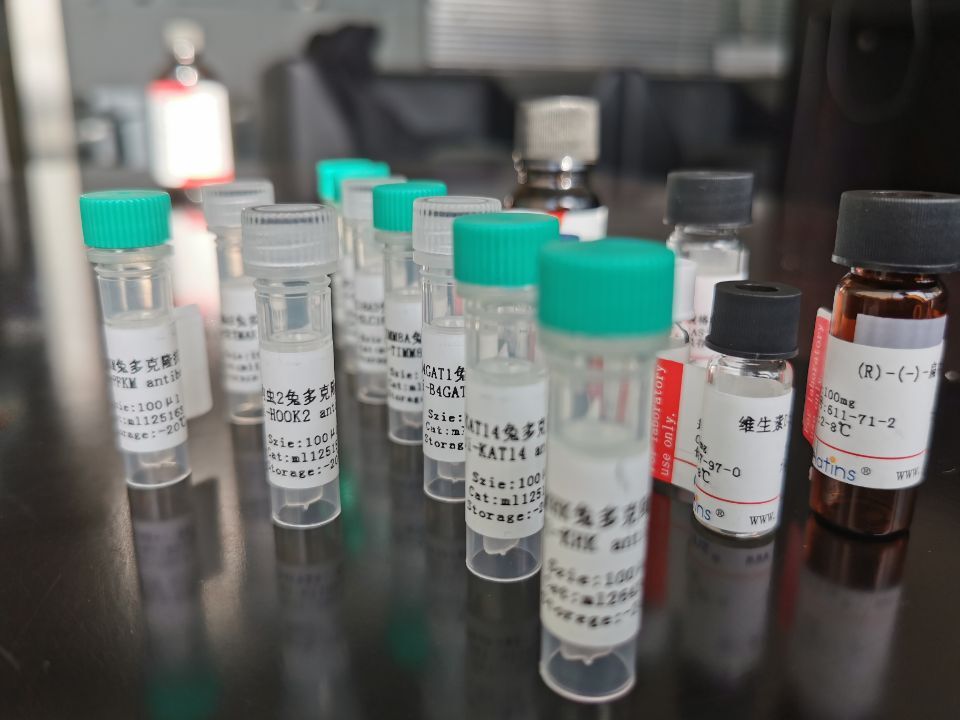標(biāo) 記 物: Alexa Fluor 488
|
Background |
Immunoglobulin G (IgG) is one of the most abundant proteins in serum with normal levels between 8-17 mg/ml in adult blood. IgG is important for our defense against microorganisms and the molecules are produced by B lymphocytes as a part of our adaptive immune response. The IgG molecule has two separate functions; to bind to the pathogen that elicited the response and to recruit other cells and molecules to destroy the antigen. The variability of the IgG pool is generated by somatic recombination and the number of specificities in an individual at a given time point is estimated to be 1011 variants. |
|
Applications |
1/100-1000 for FCM 1/100-1000 for Immunofluorescence |
 購(gòu)物車
購(gòu)物車 幫助
幫助
 021-54845833/15800441009
021-54845833/15800441009
